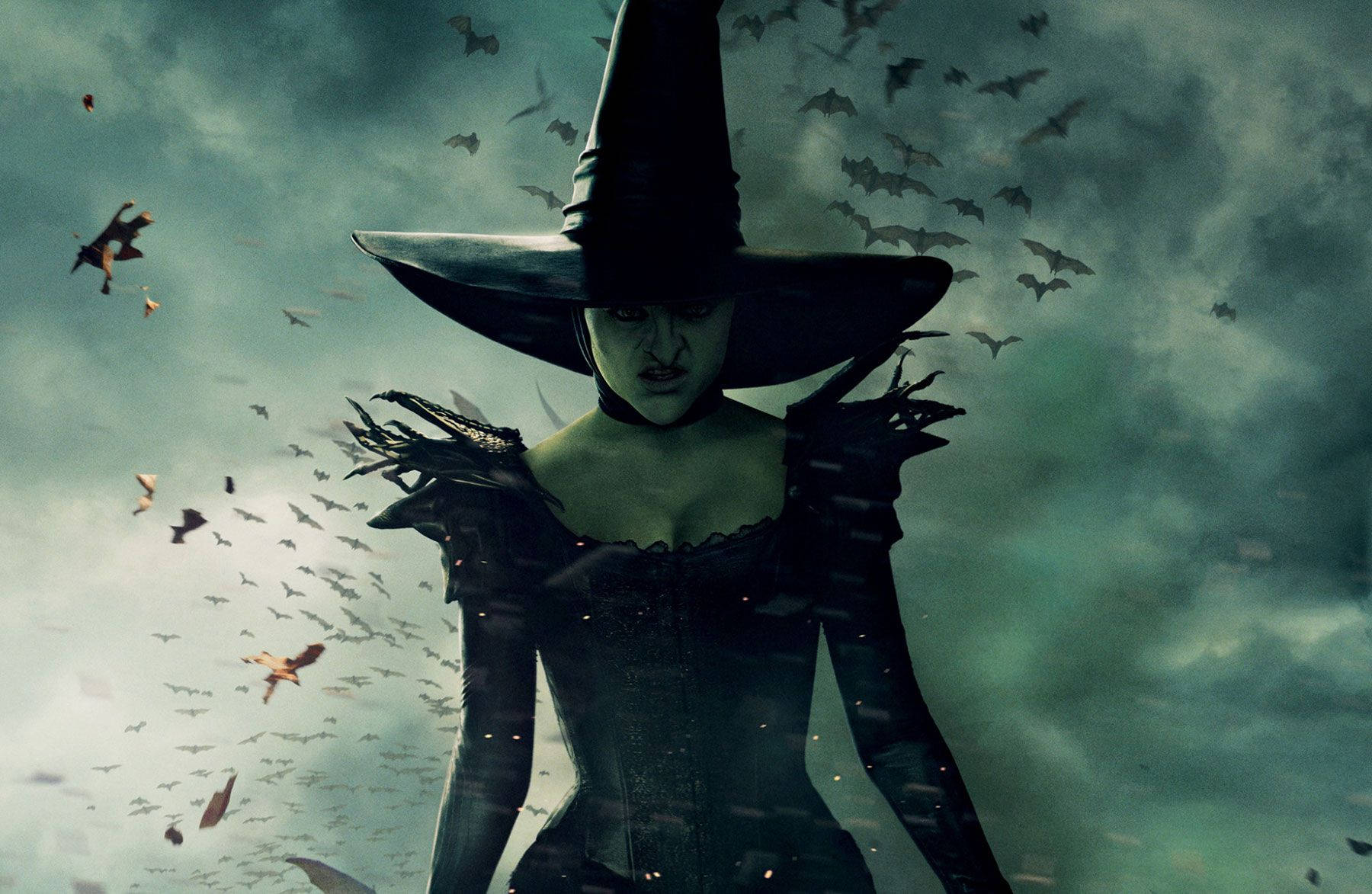
FAQ About Magic in the Middle Ages
Magic in the Middle Ages
2 years ago | gizem
Were there any medieval magical societies or secret organizations?
While there were no medieval magical societies or secret organizations in the modern sense, there were informal groups and circles of individuals who shared knowledge and practices related to magic and the occult. These groups were not officially organized and lacked the structured hierarchy and formal membership characteristic of modern secret societies. Instead, they often consisted of like-minded individuals, scholars, or practitioners who gathered to exchange knowledge and study magical texts. Here are some examples of informal magical groups in the medieval period:
- Alchemists' Circles: Alchemy, a precursor to modern chemistry, was closely connected to magical practices in the medieval period. Alchemists often formed informal circles where they exchanged knowledge of the transmutation of metals, the creation of elixirs, and the search for the philosopher's stone.
- Occult Scholars and Translators: During the medieval period, scholars in various parts of Europe were engaged in the translation of ancient texts, including magical and occult works. These scholars often collaborated and shared their findings with each other.
- Mystical and Gnostic Groups: Some medieval mystical and Gnostic movements explored esoteric and spiritual concepts, sometimes incorporating elements of magic and the occult into their practices.
- Cunning Folk and Wise Women: Cunning folk and wise women, who were practitioners of folk magic and healing, often shared their knowledge and remedies within their local communities.
- Esoteric Schools: Certain centers of learning, such as medieval universities or philosophical schools, might have harbored individuals interested in esoteric studies and the occult.
- Secretive Study Groups: Some individuals with an interest in magical or occult knowledge may have formed small, secretive study groups to explore forbidden or hidden teachings.
- Courts of Nobility: In the circles of nobility, there might have been individuals with an interest in astrology, divination, and other forms of occult practices.
